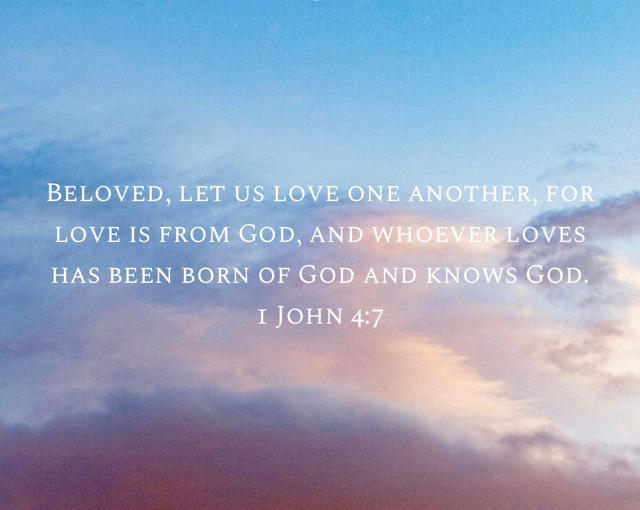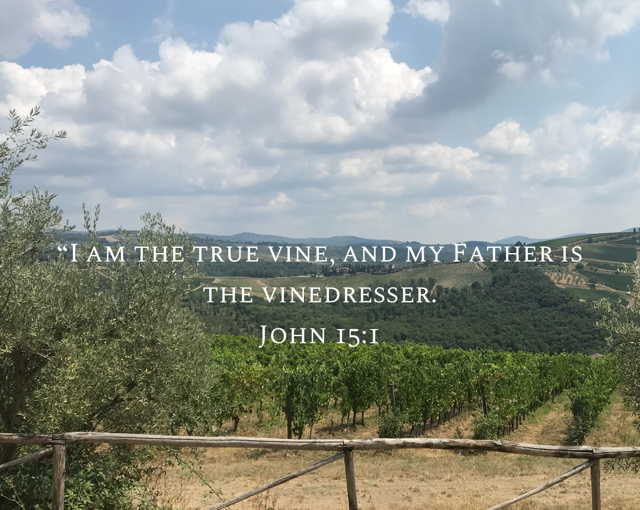Today’s readings are Esther 1-2, Psalm 139, and Revelation 1.
Have you ever read the book of Esther or even if you have, has it been a while?
I would encourage you to read it or read it again. With many stories from the Bible being made into movies in recent years, I’m surprised this has not been done yet with the book of Esther. When you hear people say the Bible is boring, it is clear they have not read much of because books like Esther could be a best seller in and of itself or made into a hit movie.
I don’t want to give away the entire book of Esther as a part of my post, but you can read today where we learn of some of the key events already..
- King Ahasuerus of Persia/ Babylon removes Queen Vasthi from her role for lack of respect
- Both of Esther’s parents pass away
- Mordecai, a Jewish captive in Babylon, agrees to raise and look out for Esther who was his uncle’s daughter
- Esther rises to become Queen while keeping hidden her Jewish lineage
- Mordecai overhears of a plot to kill King Ahasuerus and because Esther had risen to Queen, he is able to tell her to save King Ahasuerus’ life
Some of these bullet points are easy to breeze by here, and even while reading it in your Bible, but take a few moments to think about the following…
- The pain Esther must have felt losing her parents at a young age wondering what the future would bring and possibly for while who would care for her
- Being in Mordecai’s shoes and all the sudden you have the responsibility of taking care of girl who is not yours which you probably never planned on
- The drama of Esther keeping hidden her Jewish lineage while rising to Queen and wondering if discovery would lead to her not attaining or losing her role as Queen, but also if it could also mean death
- Mordecai wondering the validity and seriousness of what he had heard and if it should be told which could also put his life at risk from those who were already willing to kill the king…especially if it wasn’t believed or not able to be proven to be true
- No recognition or “atta boy’s” for Mordecai saving the King’s life by foiling the plot to kill him
This is just the beginning in Esther.
As you read these chapters in Esther and the entire book, reflect on God’s continued protection for His Jewish people through these events which lead to the birth our Savior Jesus and how He still is protecting them today thousands of years later so what we read in Revelation will occur.
Finally, overlay the events of my above highlights and the rest of the book of Esther with your life and also Psalm 139. How can you relate with what you have experienced? Could God have things planned after and through a challenging and even terrible situation which you have no idea about? (Ephesians 3:20)
He is there through it all. He always has been and always will be.



